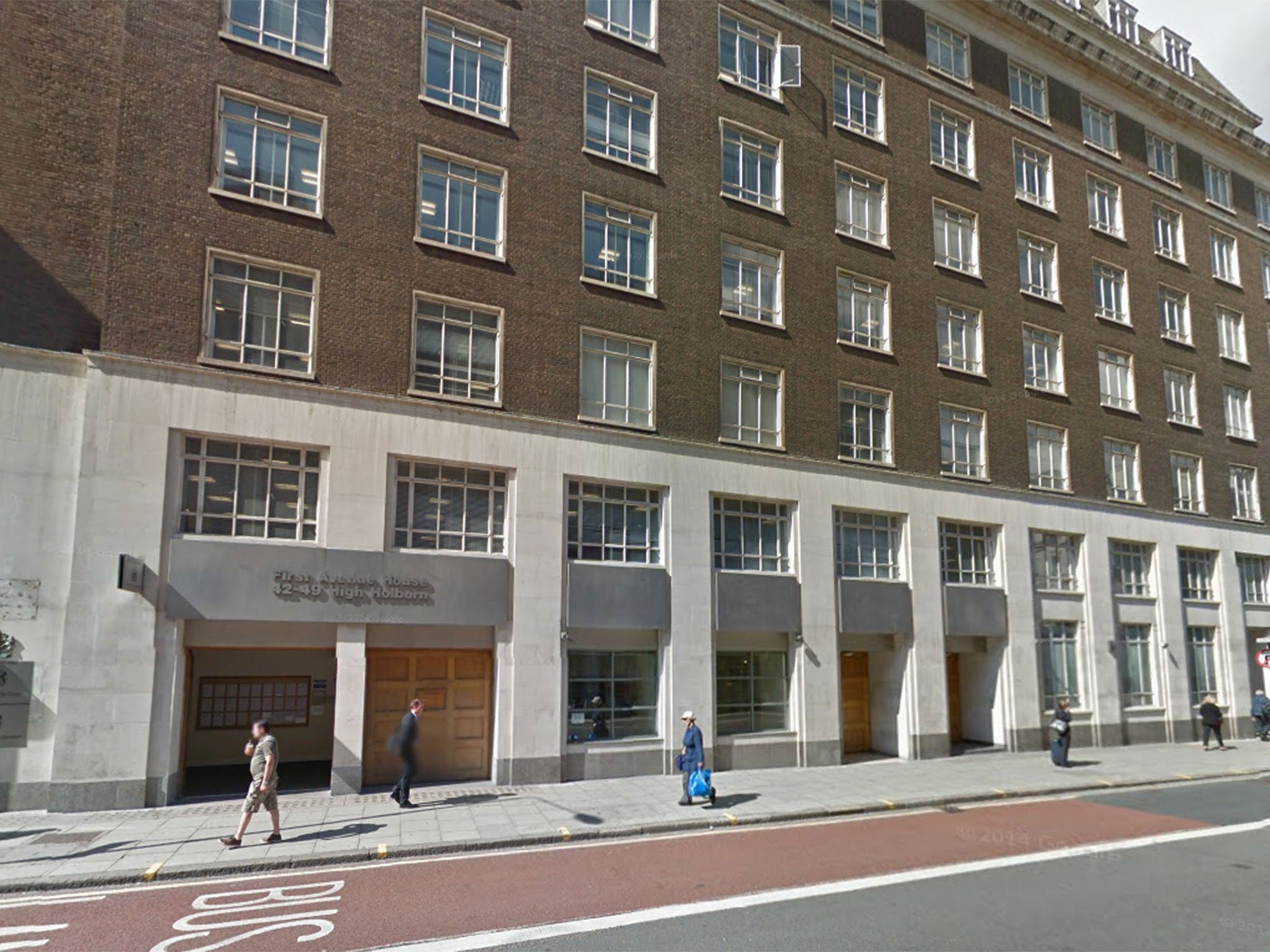Mother-of-six with learning disabilities could be sterilised after authorities ask court for permission to force entry into her home
Authorities say the woman has physical health problems which could put her life in danger if she became pregnant again

Your support helps us to tell the story
From reproductive rights to climate change to Big Tech, The Independent is on the ground when the story is developing. Whether it's investigating the financials of Elon Musk's pro-Trump PAC or producing our latest documentary, 'The A Word', which shines a light on the American women fighting for reproductive rights, we know how important it is to parse out the facts from the messaging.
At such a critical moment in US history, we need reporters on the ground. Your donation allows us to keep sending journalists to speak to both sides of the story.
The Independent is trusted by Americans across the entire political spectrum. And unlike many other quality news outlets, we choose not to lock Americans out of our reporting and analysis with paywalls. We believe quality journalism should be available to everyone, paid for by those who can afford it.
Your support makes all the difference.A mother-of-six with learning disabilities could be sterilised after health authority and social services bosses asked a judge for permission to force entry into her home, restrain her and take her to hospital.
The woman, who is in her 30s, has had her children removed from her care and authorities say she has physical health problems which could put her life in danger if she became pregnant again.
A judge at the Court of Protection in London examined the case last week at a two-day public hearing.
Mr Justice Cobb, who told lawyers he was dealing with a case of "enormous gravity", is due to deliver a ruling soon.
Authorities have said the moves are in the woman's best interests.
Barrister John McKendrick, who represented a health authority, hospital trust and council involved in the case, said the rulings sought were "extraordinary" and would involve serious interference with the woman's basic human rights, but he said they were necessary.
They say the woman could be at "grave" risk if action is not taken, while specialists say she lacks the mental capacity to make decisions about treatment.
Lawyers appointed by the court to represent the woman's interests have backed the plan put forward by health and social services officials.
They have agreed the woman "lacks capacity" because her mind is impaired.
Mr Justice Cobb, who has ruled that no-one involved can be identified, received details of the issues in written legal submissioms.
The judge has given permission for a reporter who attended the court hearing to be given access to documents.
Health and social services officials want the judge to declare: the woman lacks capacity to make decisions under the terms of mental capacity legislation; a "therapeutic" sterilisation is in her best interests – and authorise medics to sterilise her; to authorise her removal from her home to a hospital; to authorise deprivation of her liberty; and to authorise the use of forced entry and "necessary restraint".
Mr Justice Cobb was told the woman and her partner had repeatedly refused to co-operate or engage with medical and social services staff and a legal representative. She had said she wanted to be "left alone".
The judge has seen evidence from psychiatrists, an obstetrician and gynaecologist plus social workers. Details of a number of gynaecological problems the woman had were detailed in the report.
Specialists have said the issues would pose a grave risk to her health if she became pregnant again.
The judge was also told professionals had faced difficulties in trying to persuade the woman to use contraception and in administering contraception.
Barrister Michael Horne, who is representing the interests of the woman, said the issues raised had nothing to do with "eugenics". He said sterilisation was "therapeutic" and the most effective way of mitigating "grave risks" to the woman's health and life.
Last year the judge ruled the woman could be restrained and sedated when giving birth to her sixth child. He concluded a planned caesarean was the best option for delivery.
He said she had an "extraordinary and complex obstetric history".
"It is right to acknowledge the extraordinary nature of the relief sought in these proceedings," Mr McKendrick told Mr Justice Cobb in a written submission.
"The relief sought involves significant interference with (the woman's) basic human rights. Such interferences are however lawful, and necessary and proportionate given the complex and tragic social and medical background."
Mr Horne added: "The issues raised in this case have nothing whatsoever to do with eugenics. The sterilisation which the applicants propose is a 'therapeutic' sterilisation in that it most effectively mitigates the grave risks to (the woman's) health and life that a further pregnancy would bring."
Additional reporting by PA